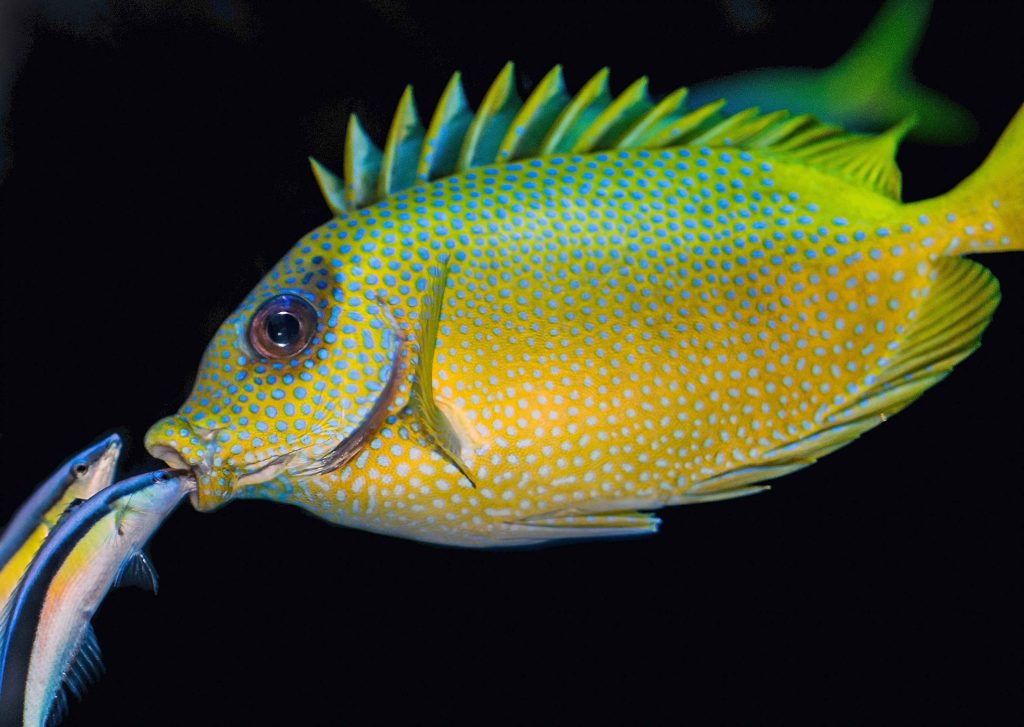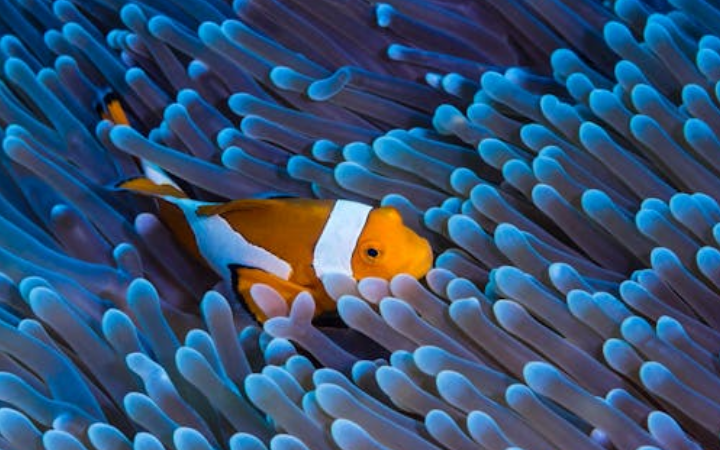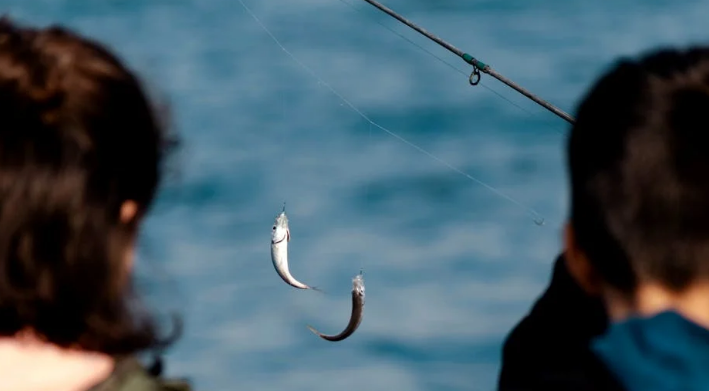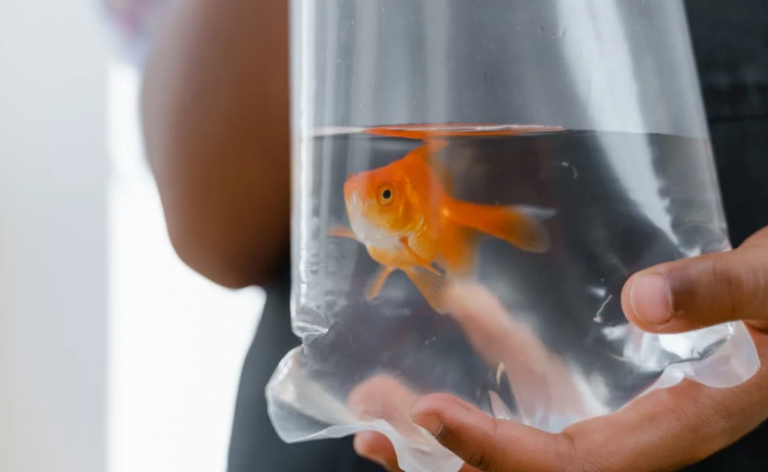Raising chickens is an increasingly popular trend for many who appreciate fresh eggs and enjoy a bit of homesteading. As with any pet or livestock, ensuring your chickens have a nutritious diet is crucial. While chickens are known for their diverse diets, many wonder if certain leftovers, like fish guts, are safe for them to consume. This article delves into answer of can chickens eat fish guts, the benefits and risks involved, and best practices for incorporating this food into their diet.
Understanding Chickens’ Dietary Needs
Chickens are omnivores, which means they eat both plant and animal matter. In the wild, chickens forage for a variety of foods, including seeds, insects, small animals, and plants. This varied diet provides them with essential nutrients. Domesticated chickens similarly benefit from a balanced diet consisting of grains, proteins, vitamins, and minerals.
Can Chickens Eat Fish Guts?

Yes, chickens can eat fish guts. In fact, fish guts can be a nutritious addition to their diet. Fish remains are rich in protein, essential fatty acids, and other nutrients that can contribute to the overall health of your flock. However, there are several considerations to keep in mind when feeding fish guts to chickens.
Nutritional Benefits of Fish Guts for Chickens
- High Protein Content: Protein is crucial for chickens, especially for egg production and growth. Fish guts are an excellent source of high-quality protein, which can support muscle development and feather health.
- Omega-3 Fatty Acids: Fish is known for its high omega-3 fatty acid content, which is beneficial for heart health and can improve the quality of eggs. Chickens that consume omega-3-rich foods produce eggs with higher omega-3 content, which is beneficial for human consumption.
- Vitamins and Minerals: Fish guts contain various vitamins and minerals, including vitamins A, D, and B12, and minerals like phosphorus and selenium. These nutrients play a vital role in maintaining chickens’ health and boosting their immune systems.
Risks of Feeding Fish Guts to Chickens
While fish guts can be beneficial, there are potential risks associated with feeding them to your chickens:
- Spoilage and Contamination: Fish guts can spoil quickly, especially in warm weather. Spoiled fish can harbor harmful bacteria, such as Salmonella and E. coli, which can pose health risks to your chickens. Always ensure that the fish guts are fresh and have been stored properly before feeding.
- Salt Content: Fish, especially from saltwater environments, can have high salt content. Too much salt can be harmful to chickens, leading to dehydration and kidney problems. It’s important to rinse fish guts thoroughly to remove excess salt.
- Choking Hazard: Fish bones can pose a choking hazard or cause internal injuries if they are too large or sharp. Always check for and remove large bones to prevent any potential harm to your chickens.
- Overfeeding: While fish guts are nutritious, they should not make up the majority of your chickens’ diet. Overfeeding any single food item can lead to nutritional imbalances. It’s important to provide a balanced diet that includes a variety of foods.
Best Practices for Feeding Fish Guts to Chickens
To safely incorporate fish guts into your chickens’ diet, follow these best practices:
- Ensure Freshness: Only feed your chickens fresh fish guts. If you’re unsure about the freshness, it’s better to err on the side of caution and avoid feeding it to them.
- Rinse Thoroughly: Rinse fish guts thoroughly under cold water to remove any excess salt or contaminants.
- Chop into Manageable Pieces: Cut the fish guts into small, manageable pieces to prevent choking and ensure easy consumption.
- Remove Large Bones: Check for and remove any large or sharp bones to avoid the risk of choking or injury.
- Feed in Moderation: Introduce fish guts as a supplement to a balanced diet. They should not replace the main components of your chickens’ diet, such as grains and commercial feed.
- Monitor Health: Observe your chickens after introducing fish guts to their diet. Look for any signs of digestive issues or behavioral changes, and adjust their diet accordingly.
Alternatives to Fish Guts
If you have concerns about feeding fish guts to your chickens or prefer other options, there are several alternative protein sources you can consider:
- Mealworms: Mealworms are a popular and highly nutritious treat for chickens, providing a good source of protein and essential nutrients.
- Cooked Eggs: Feeding cooked eggs (scrambled or boiled) back to chickens can provide them with an excellent source of protein and nutrients.
- Commercial Poultry Feed: Many commercial poultry feeds are formulated to meet chickens’ nutritional needs and can be a convenient and balanced option.
- Vegetable Scraps: Many vegetable scraps, such as leafy greens and carrot tops, can be a healthy addition to your chickens’ diet, providing vitamins and minerals.
Conclusion
So, can chicken eat fish guts? Yes, chickens can eat fish guts, and they can be a valuable addition to their diet when provided safely and in moderation. Fish guts offer high-quality protein, omega-3 fatty acids, and essential vitamins and minerals that can benefit your chickens’ health and egg production. However, it’s important to be aware of the potential risks, such as spoilage, salt content, and choking hazards. By following best practices and ensuring a balanced diet, you can safely incorporate fish guts into your chickens’ feeding regimen. Always observe your chickens’ health and behavior to ensure they are thriving on their varied and nutritious diet.



